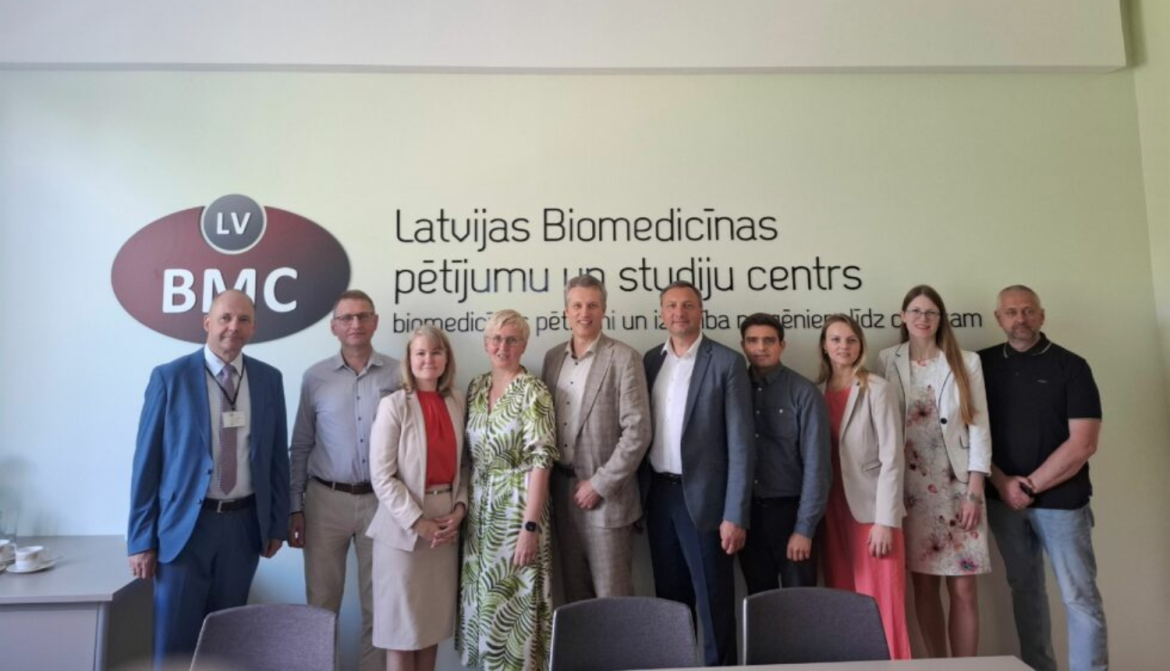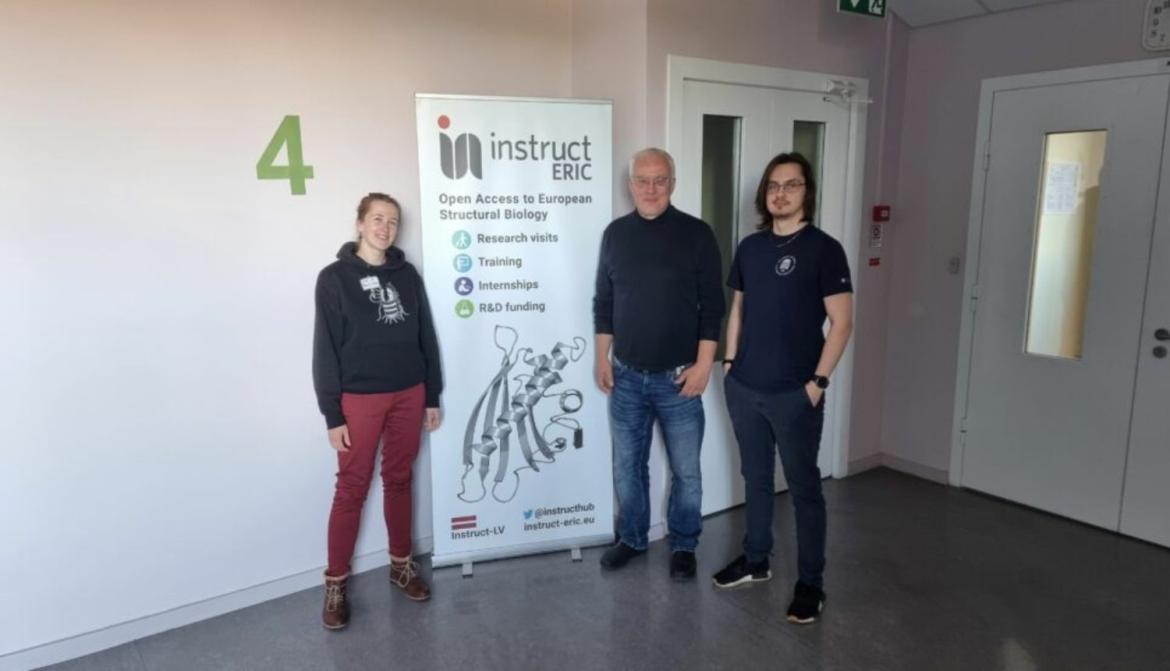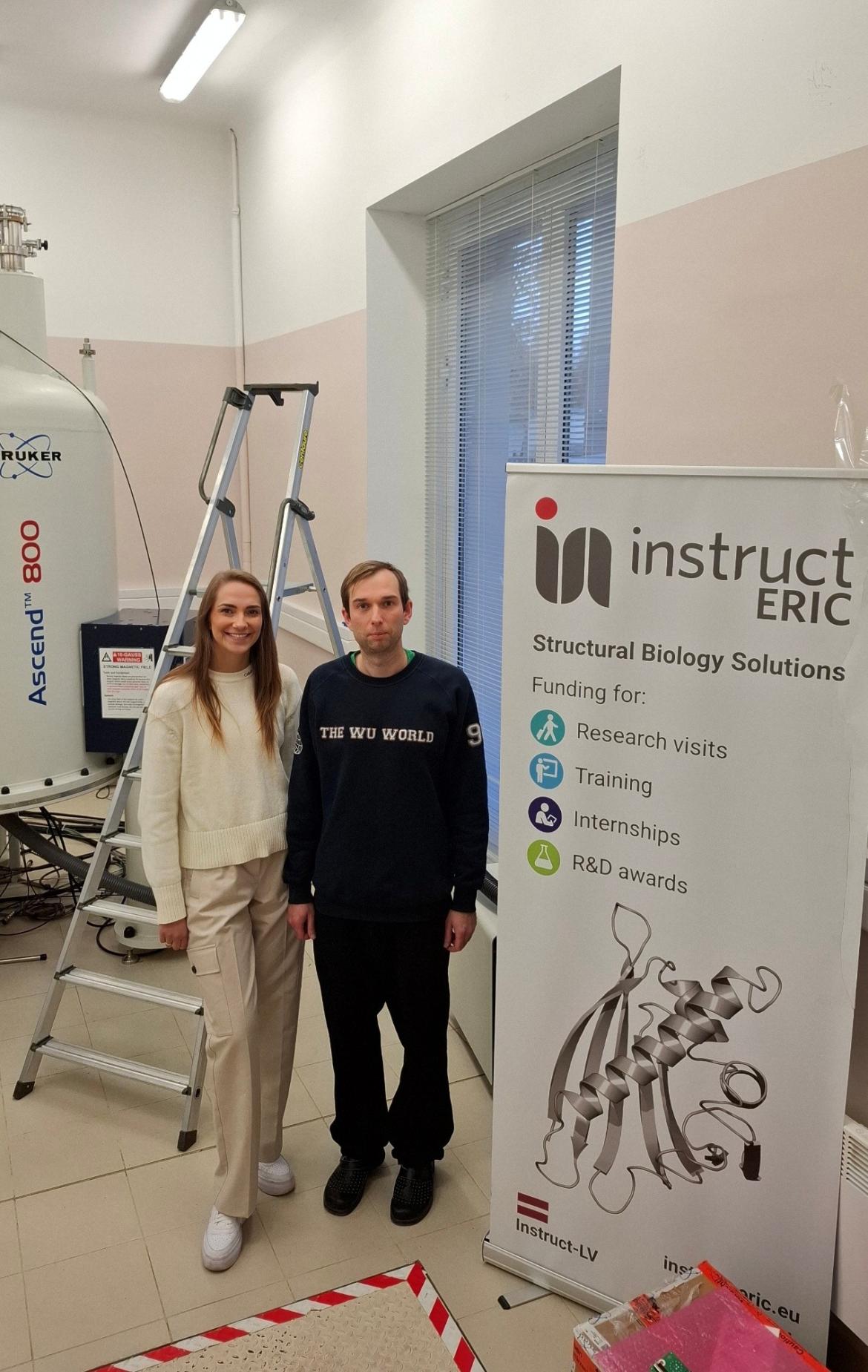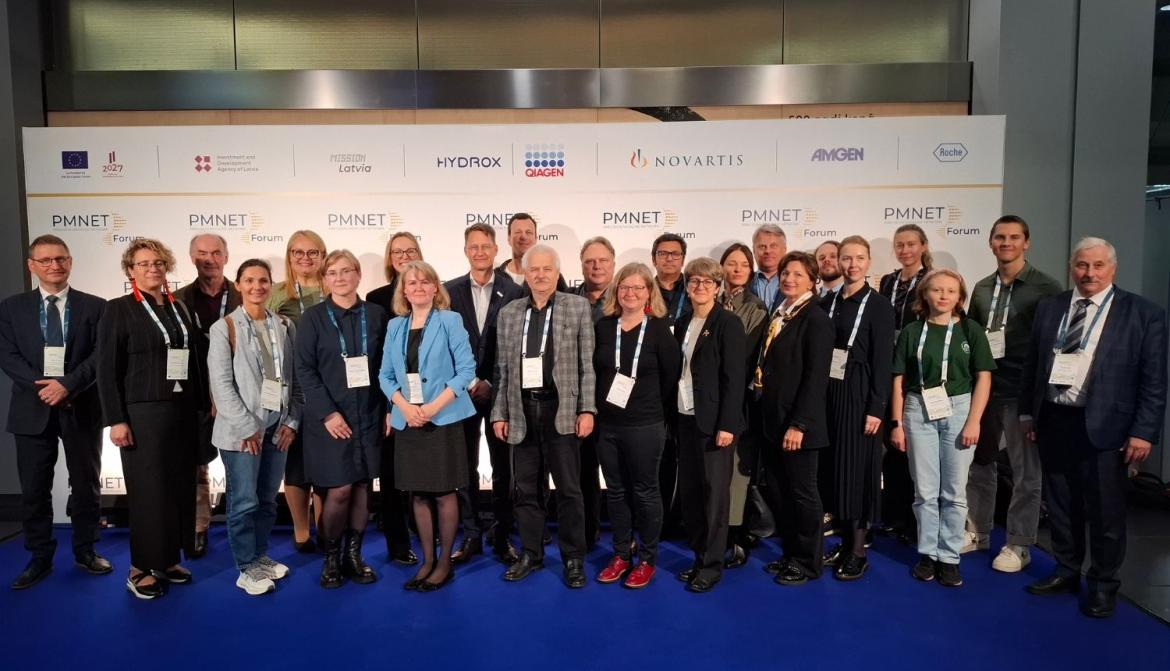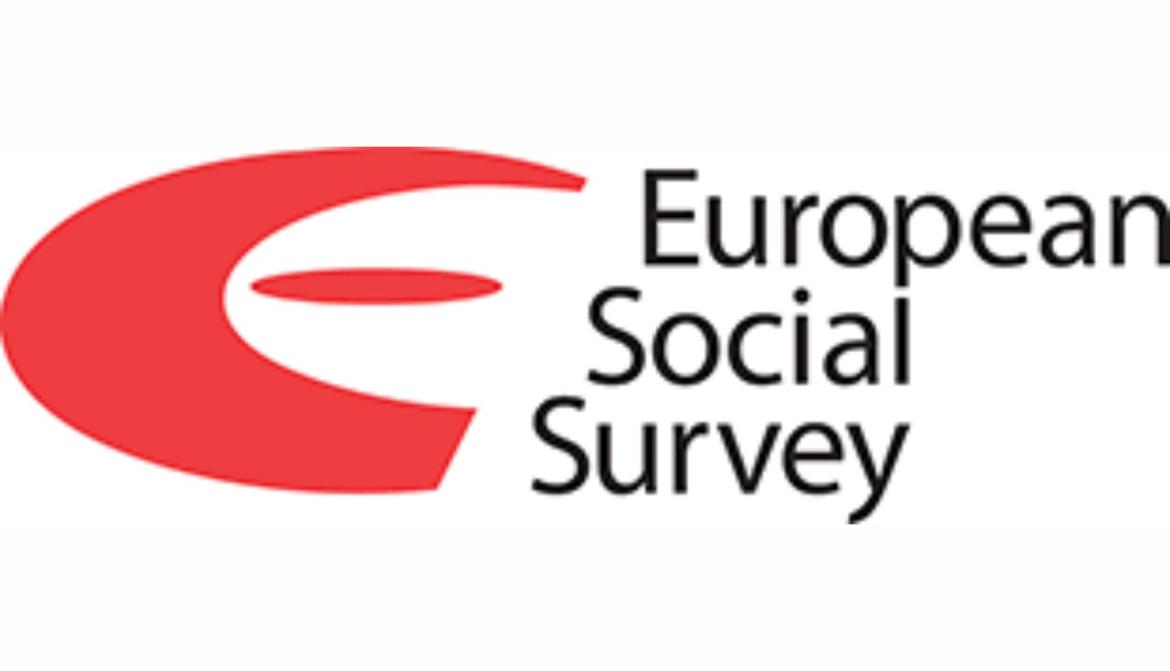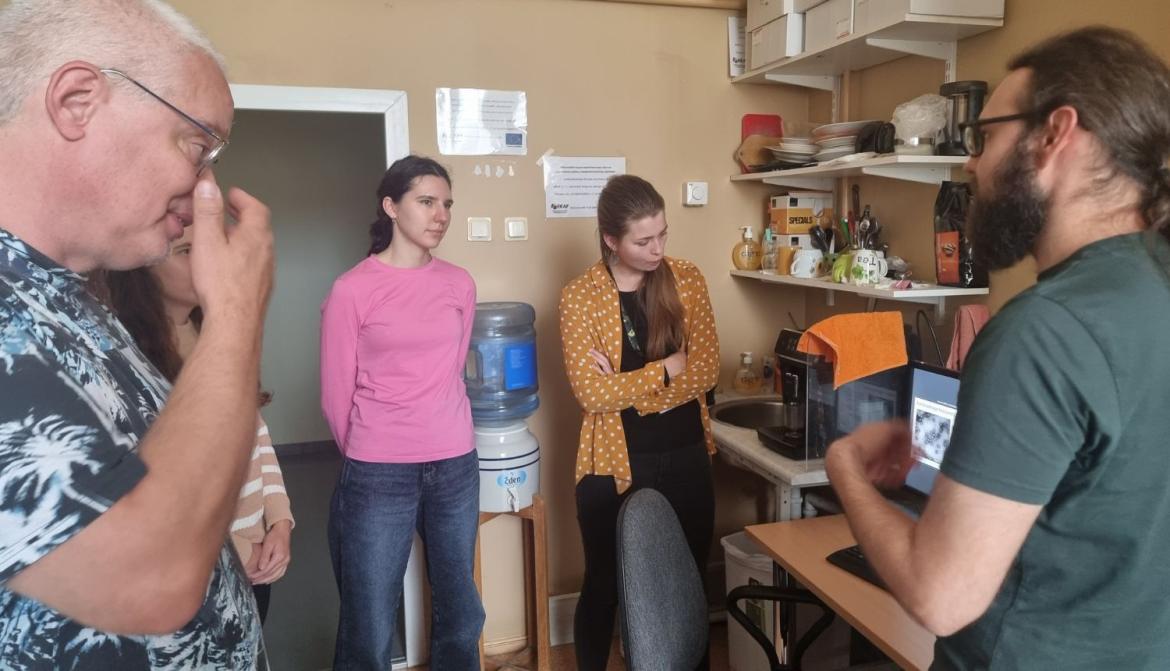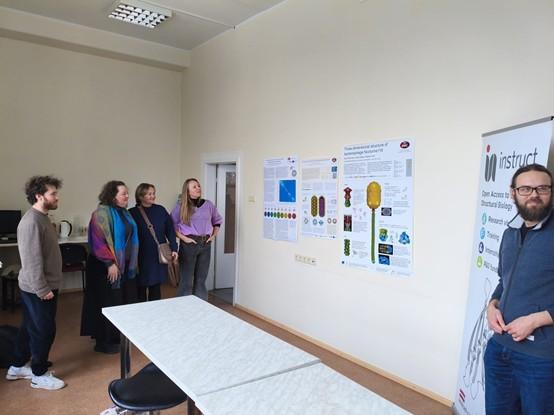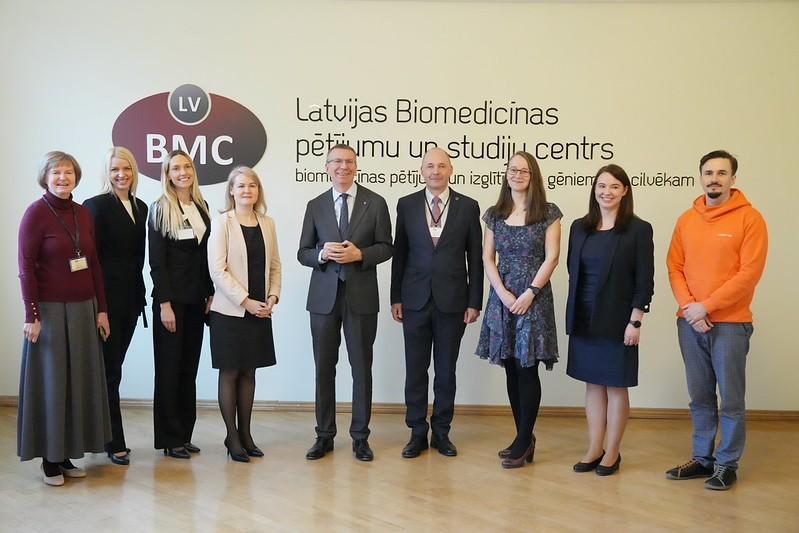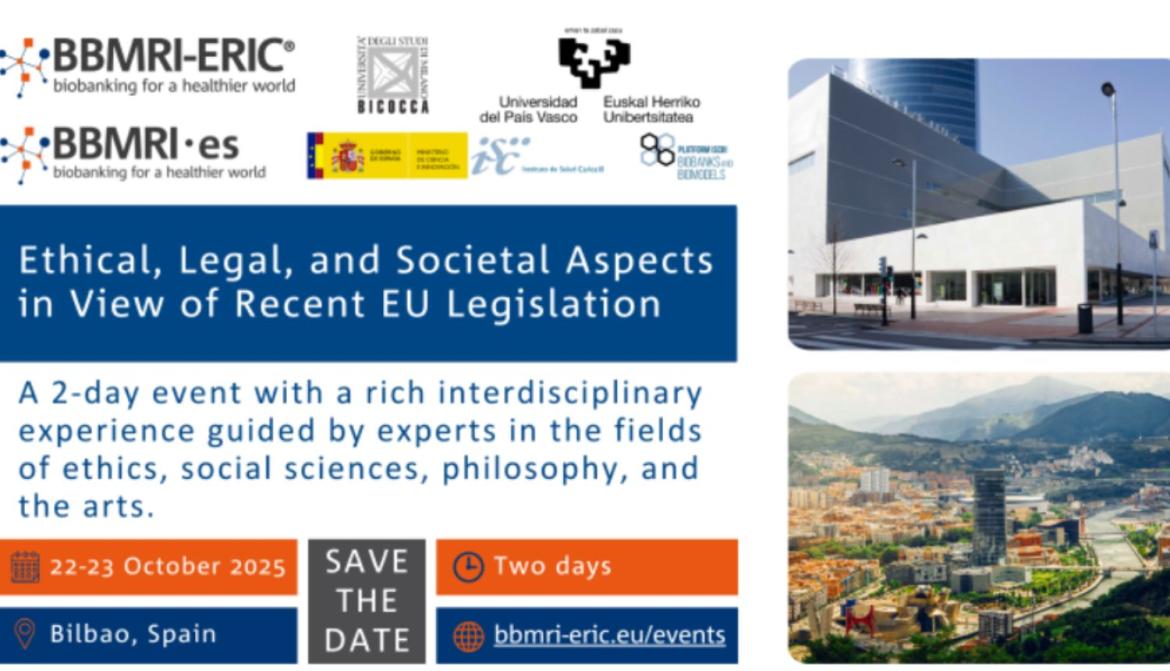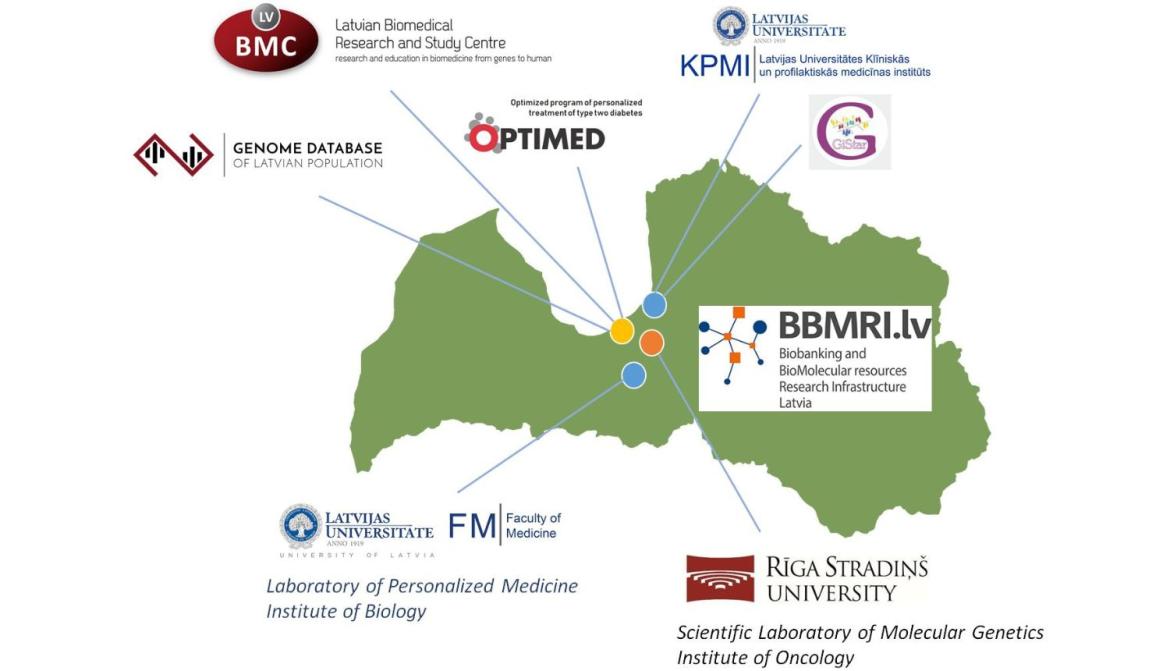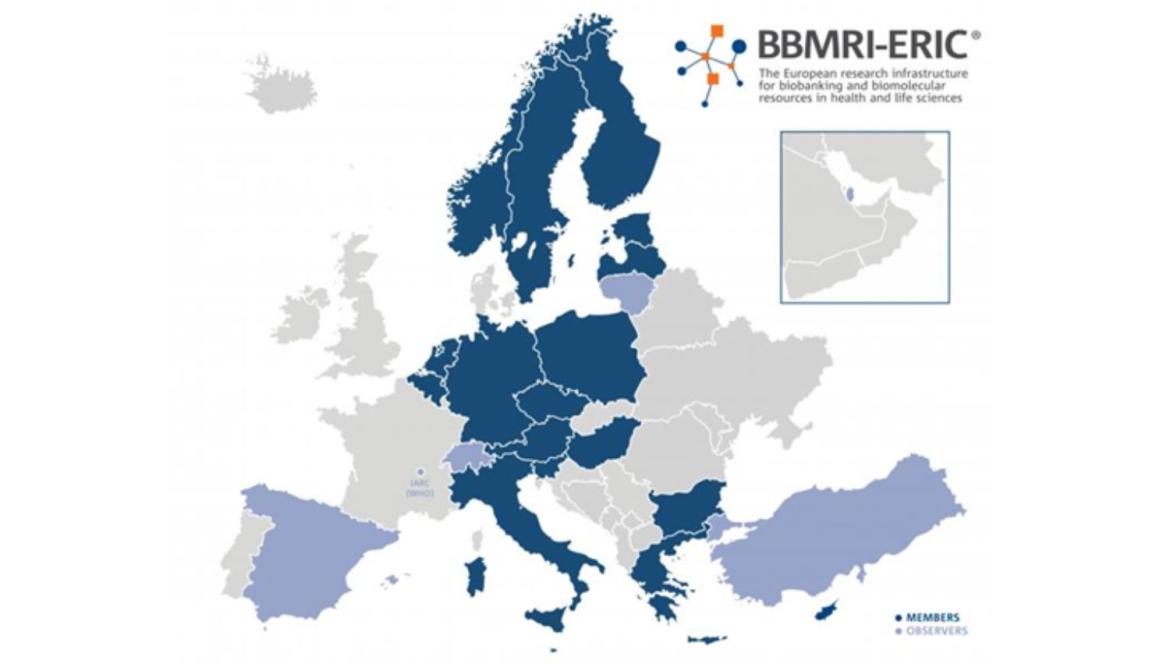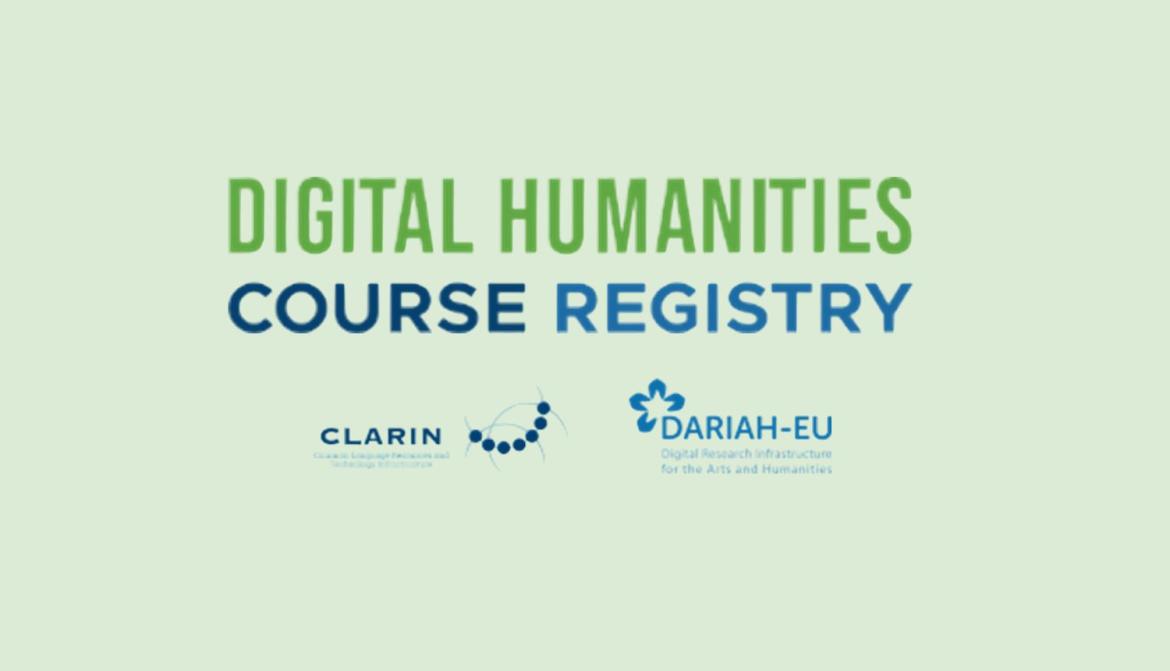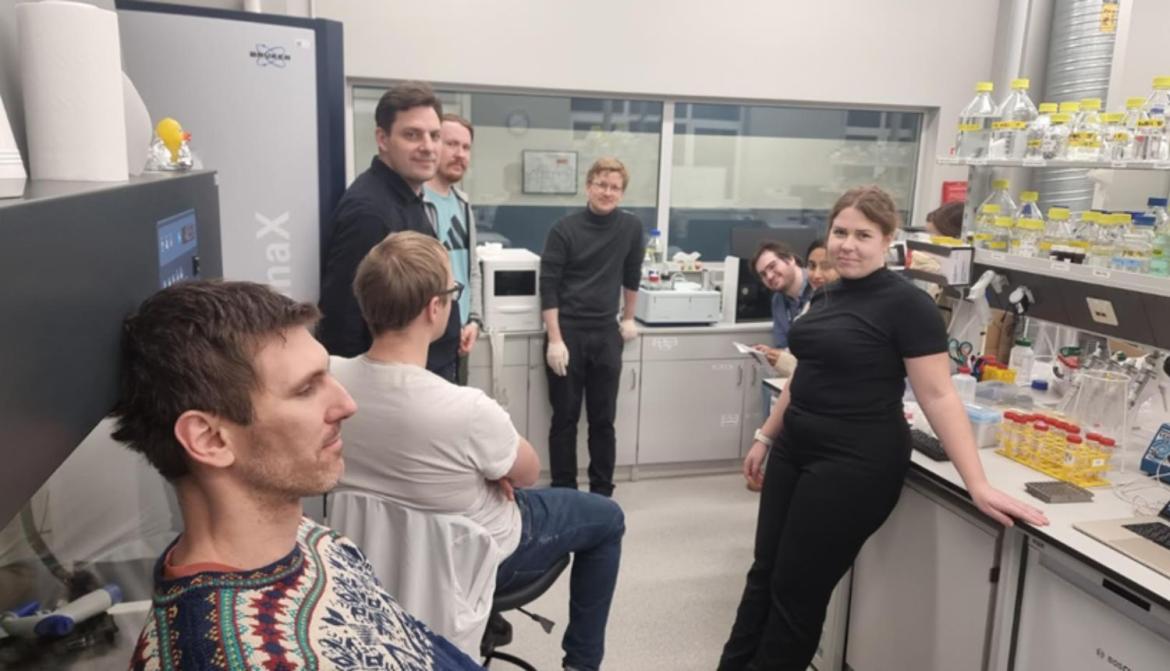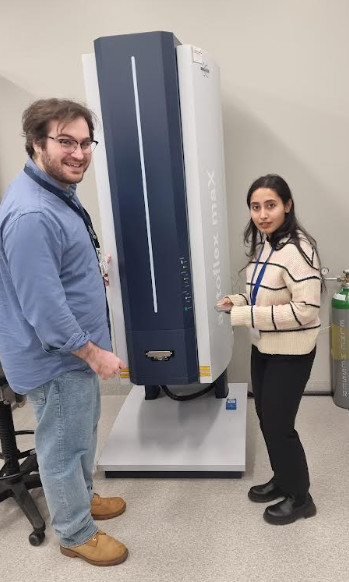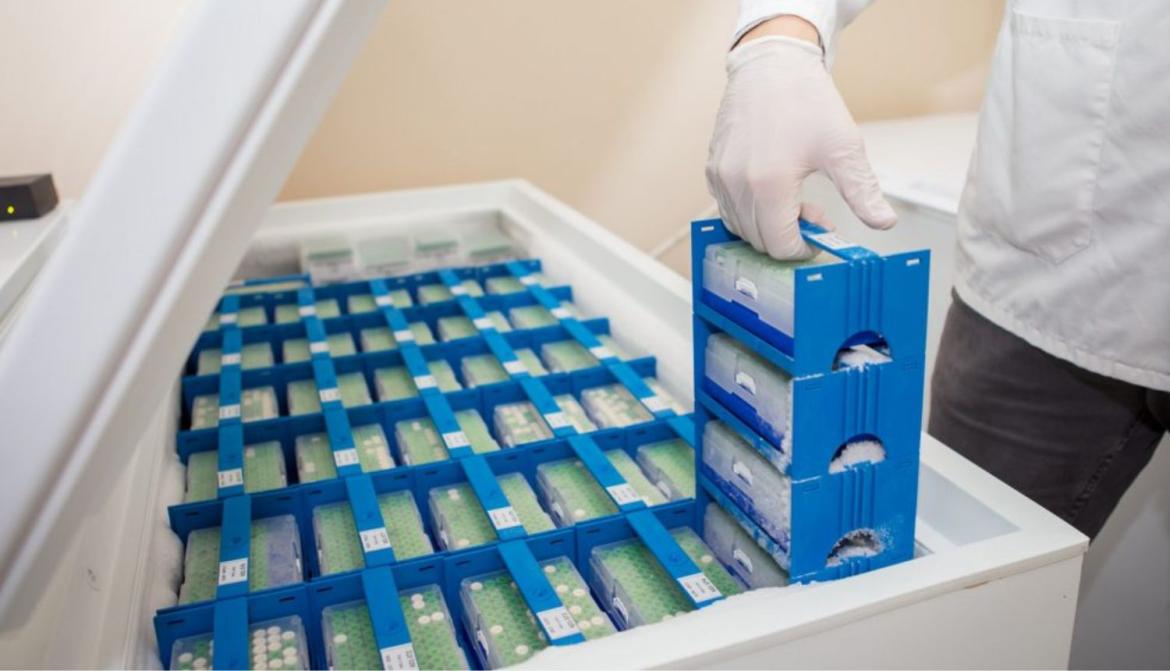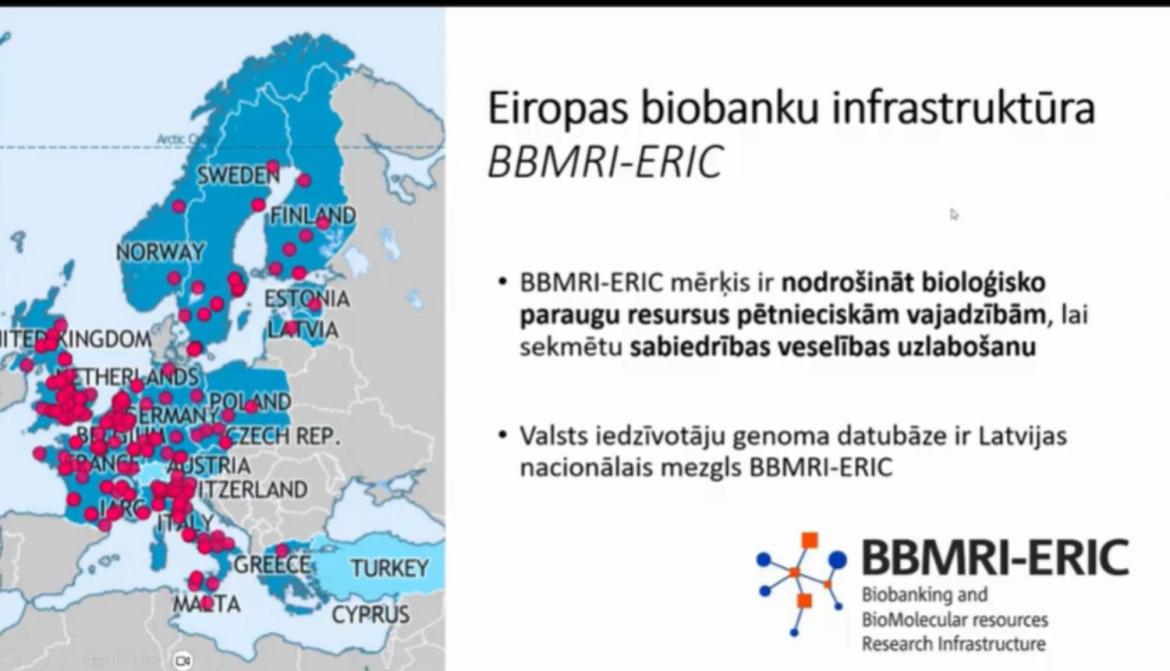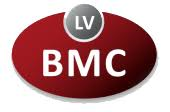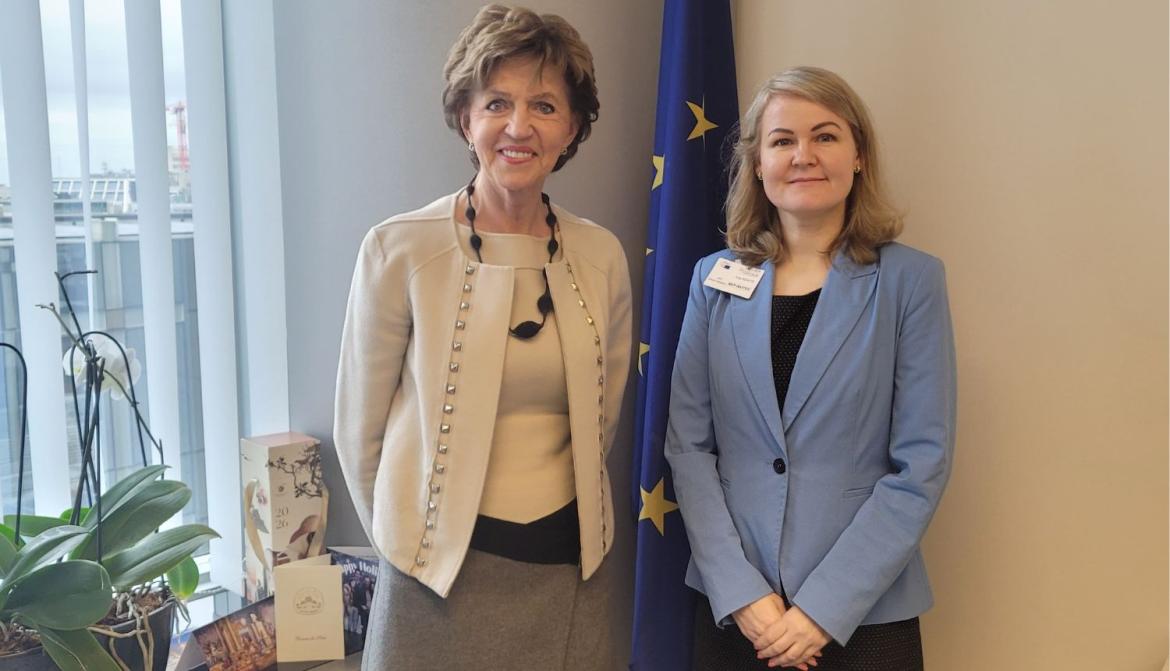European Strategy Forum on Research Infrastructures (ESFRI)
Since 2002, the European Strategy Forum on Research Infrastructures (ESFRI) has acted as a strategic instrument of the European Council. It promotes research integration in Europe by enabling open access to high-quality research infrastructures. ESFRI also enhances the quality of European scientific activities and helps attract top researchers from around the world.
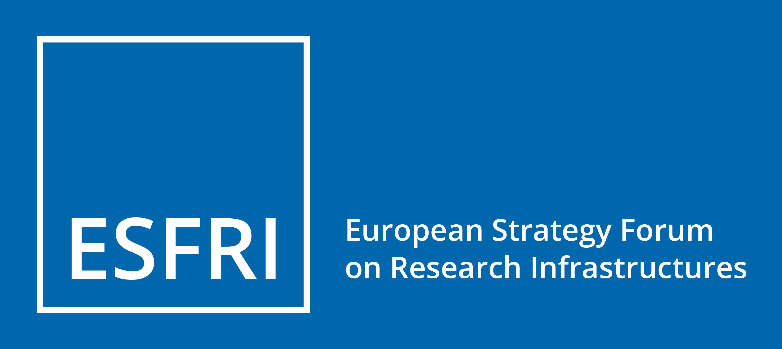
The update of the Latvian ESFRI Roadmap will ensure access for Latvian researchers to European Research Infrastructures (RI) and ERICs. It also covers emerging European RIs planned for inclusion in upcoming ESFRI Roadmaps. The accompanying information report provides an interim overview of Latvian scientific institutions' participation in European RIs and consortia. It sets the national position on RI development and outlines planned representation and involvement of Latvian institutions in ESFRI RIs and ERICs up to 2030. The information report may be updated after the next ESFRI Roadmap is approved.
European Research Infrastructure Consortium (ERIC)
The regulation aims to facilitate the establishment and operation of research infrastructures of European importance across several European Union (EU) Member States and associated countries*, by EU legislation, by providing a new legal instrument – the European Research Infrastructure Consortium (ERIC). The ERIC legal framework can be used for both new and existing research infrastructures, whether centralised or distributed.
ERIC’s methodological activities are becoming more important. They focus on standardisation, quality assurance, and providing informational support. ERIC resources are vital for sectors such as healthcare and demographics. These resources aid in developing methods and serve as reference data for e-infrastructures. Scientists, as well as financial analysts, investors, and investment fund managers, utilise ERIC resources. Latvia’s involvement in ERICs gives additional benefits for socio-economic development. Research infrastructures are essential for sector ecosystems. They help develop highly qualified human capital. They are also key in implementing modern academic programs, especially at the highest level.
*Associated country: A third country that has signed an international agreement with the EU, under which – or based on which – it contributes financially to all or part of the EU's research, technological development, and demonstration programs.
